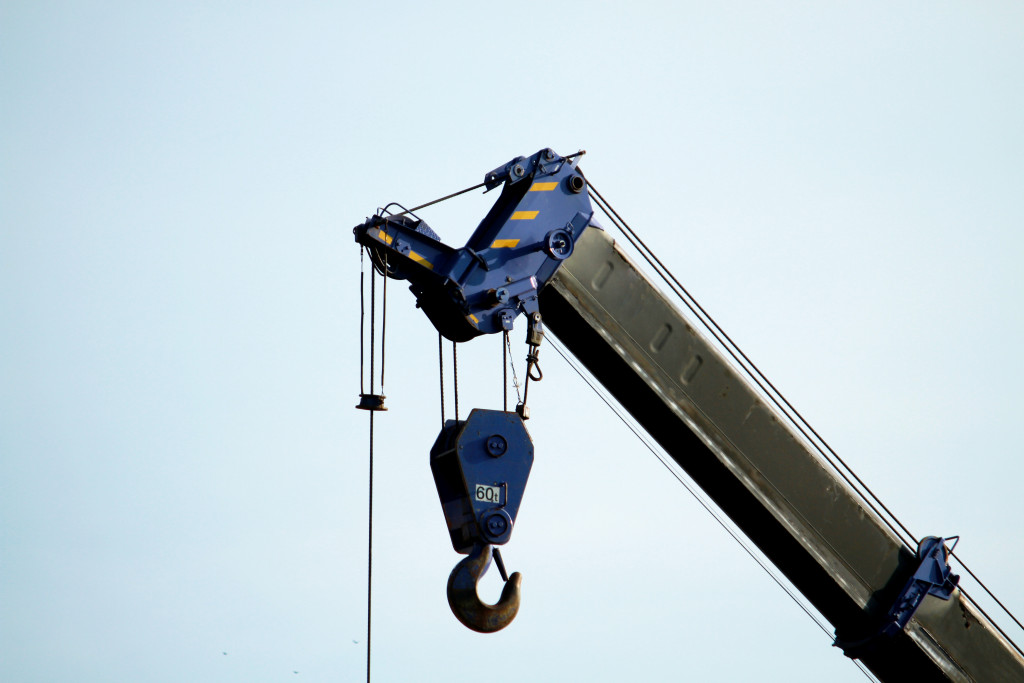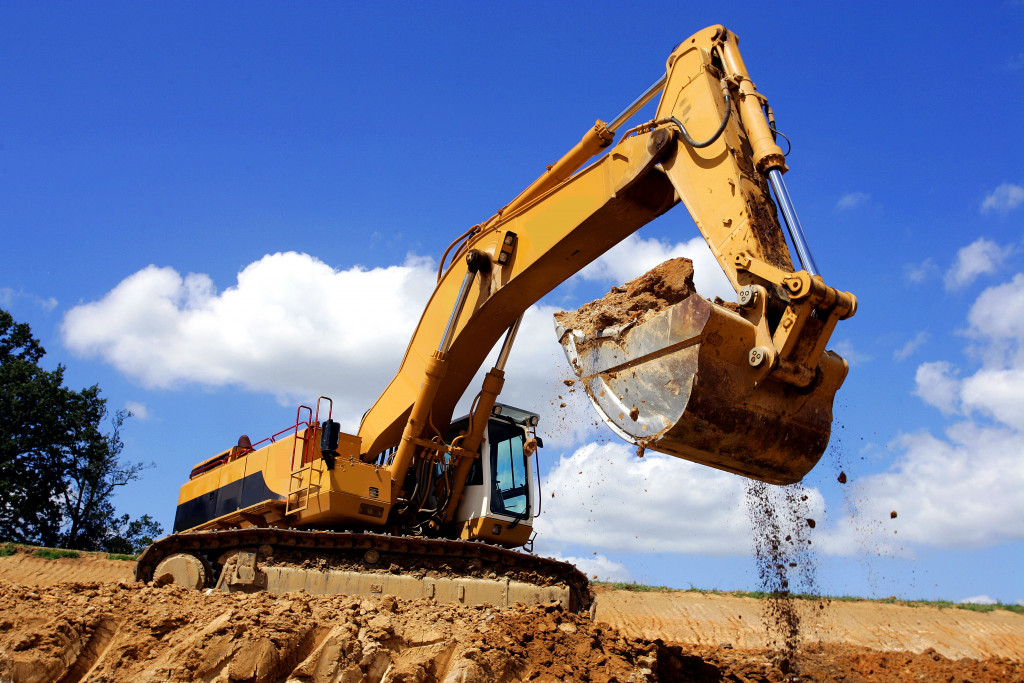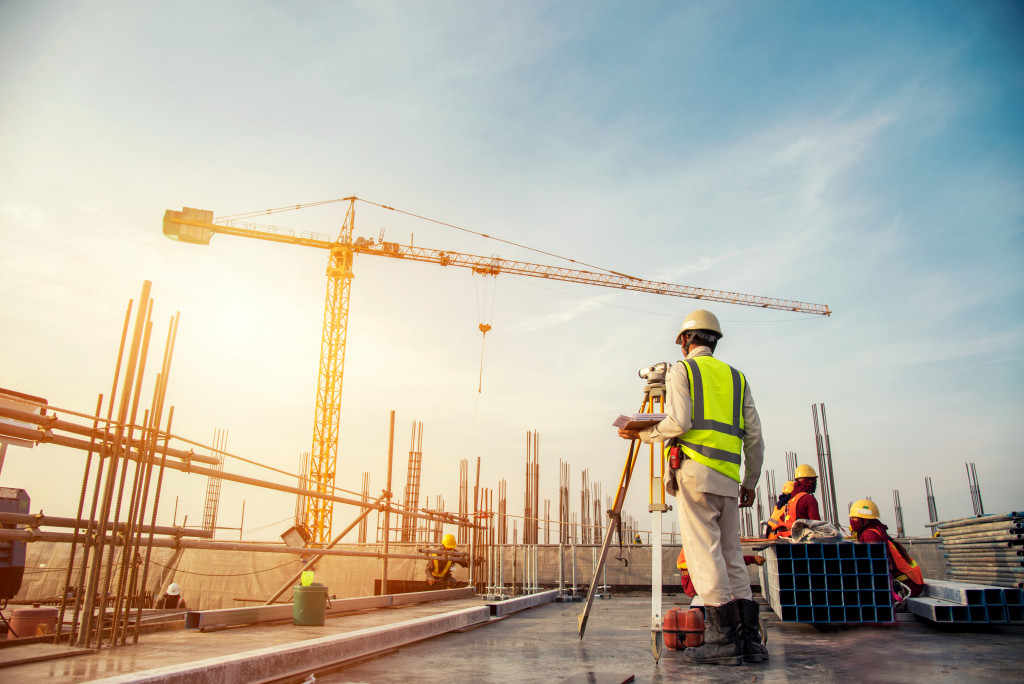- Utilization of genuine spare parts ensures optimal functionality and safety while prolonging the lifespan of the machinery.
- Proper cleanliness and storage routines protect equipment from unnecessary wear and tear and environmental damage.
- Timely replacing outdated or worn-out machinery is essential for maintaining productivity and safety in construction operations.
- Training operators comprehensively in machinery operation, maintenance, and safety is crucial to effective construction equipment management.
As a construction business owner, it’s critical to understand the importance of maintaining your equipment. Well-kept machinery not only ensures the safety of your team but also improves efficiency, reduces downtime, and extends the lifespan of your investment. This article will delve deeper into the best practices for effective equipment maintenance in the construction industry.
Proper Equipment Care
Proper equipment care is the cornerstone of any successful construction operation. Explore some of the most effective strategies to maintain your machinery in top-notch condition. Here are some tips:
Regular Equipment Inspections

Conducting regular inspections is one of the most essential steps in maintaining your construction equipment. This includes a comprehensive check of all machinery parts, ensuring they function as intended and identifying any signs of wear or potential failure. A particularly noteworthy element in this process is the crane, which plays a vital role in construction.
Hiring crane inspection services can prove to be a game-changer. These professionals have the expertise to spot any issues that may not be visible to the untrained eye, ensuring your crane operates at peak performance. They adhere strictly to safety regulations and can provide detailed inspection reports, helping you make informed decisions about necessary repairs or replacements.
Remember that preventative maintenance is far more cost-effective than dealing with breakdowns or accidents caused by faulty equipment. Therefore, investing in crane inspection services should be a priority in your maintenance strategy.
Scheduled Servicing
As integral as regular inspections, scheduled servicing is a fundamental part of any construction equipment maintenance strategy. This process involves systematic servicing of your machinery based on the manufacturer’s guidelines or after a specific period of use. Regular servicing ensures all parts are lubricated, filters are replaced, and any mechanical issues are promptly addressed.
More importantly, it helps to maintain the efficacy and longevity of your equipment, thus saving you from the financial burden of unexpected breakdowns and subsequent downtime. Servicing lets you update your equipment with the latest safety features, ensuring continual adherence to industry standards and regulations.
This proactive approach contributes significantly to the success of your construction projects, enhancing productivity, safety, and overall efficiency. Remember, a well-maintained piece of equipment is key to a successful construction business.
Use of Genuine Spare Parts
Regarding replacements, using genuine spare parts for your construction machinery is essential. While third-party or counterfeit parts may appear to save money in the short term, they often fall short in quality and performance. Genuine parts are designed to match your equipment perfectly, ensuring optimal functionality, durability, and safety.
They prevent potential malfunctions, prolong your machinery’s lifespan, and maintain your equipment’s integrity. Moreover, using genuine parts can also maintain the value of your equipment, which is particularly important if you plan on reselling.
Remember, a malfunctioning part can lead to catastrophic equipment failure, putting your projects and, more importantly, your crew’s safety at risk. Therefore, investing in genuine spare parts should be a non-negotiable aspect of your equipment maintenance plan.
Cleanliness and Storage
Cleanliness and proper storage play a crucial role in extending the life of your construction machinery. Dirt, dust, and grime can lead to unnecessary wear and tear, affecting the performance and efficiency of your equipment. Therefore, it’s important to clean the machinery thoroughly after each use.
Furthermore, appropriate storage is key to protecting your equipment from elements such as weather damage. Outdoor machinery should be stored in covered areas to protect them from rain, snow, and excessive heat. Indoor machinery should be kept in clean, dry areas to prevent rust and corrosion.
Implementing an equipment cleaning and storage routine is a simple yet effective way to maintain the condition of your machinery, thereby reducing the need for frequent repairs or replacements and ensuring the safety and productivity of your team. Remember, every machine in your inventory is an investment worth protecting.
Timely Replacement of Worn-out Equipment

Despite rigorous maintenance and care, there comes a time when your equipment reaches the end of its useful life. Timely replacement of worn-out machinery is as crucial as maintaining it. Holding on to old, inefficient equipment can lead to decreased productivity, increased downtime, and potential safety risks.
Regularly assess the condition and performance of your machinery to identify when replacement becomes more cost-effective than repairs. Use the equipment’s service history, frequency of breakdowns, and operational efficiency as key indicators. Always consider the technological advancements in the industry when purchasing new equipment.
Modern machinery often has advanced features that can significantly improve operational efficiency, safety, and environmental sustainability. Balancing maintenance with timely updates is the key to sustaining a successful, cost-effective, and safe construction operation. Remember, outdated machinery can be a liability rather than an asset; strategic equipment replacement is integral to effective asset management.
Proper Operator Training
Another vital aspect of equipment maintenance is ensuring that your operators are well-trained. Proper training is not just about learning how to operate the machinery; it includes understanding the nuances of the equipment, recognizing signs of wear or potential failure, and knowing the correct methods of cleaning and storing each piece of equipment.
A well-trained operator is your first defense against equipment breakdown, as they can detect issues early and avoid costly repairs or replacements. Furthermore, they can operate the machinery efficiently, improving productivity and reducing wear and tear.
Training should also emphasize the importance of safety measures to prevent workplace accidents. Therefore, investing in comprehensive training programs for your operators should be a fundamental part of your equipment maintenance strategy.
In conclusion, maintaining your construction equipment demands a commitment to regular inspections, servicing, use of genuine parts, cleanliness, and operator training. Don’t underestimate the value of timely replacements. Embrace these best practices to ensure the longevity of your machinery, your crew’s safety, and your projects’ success. Start today because every step you take towards better maintenance translates into considerable savings and efficiencies.

